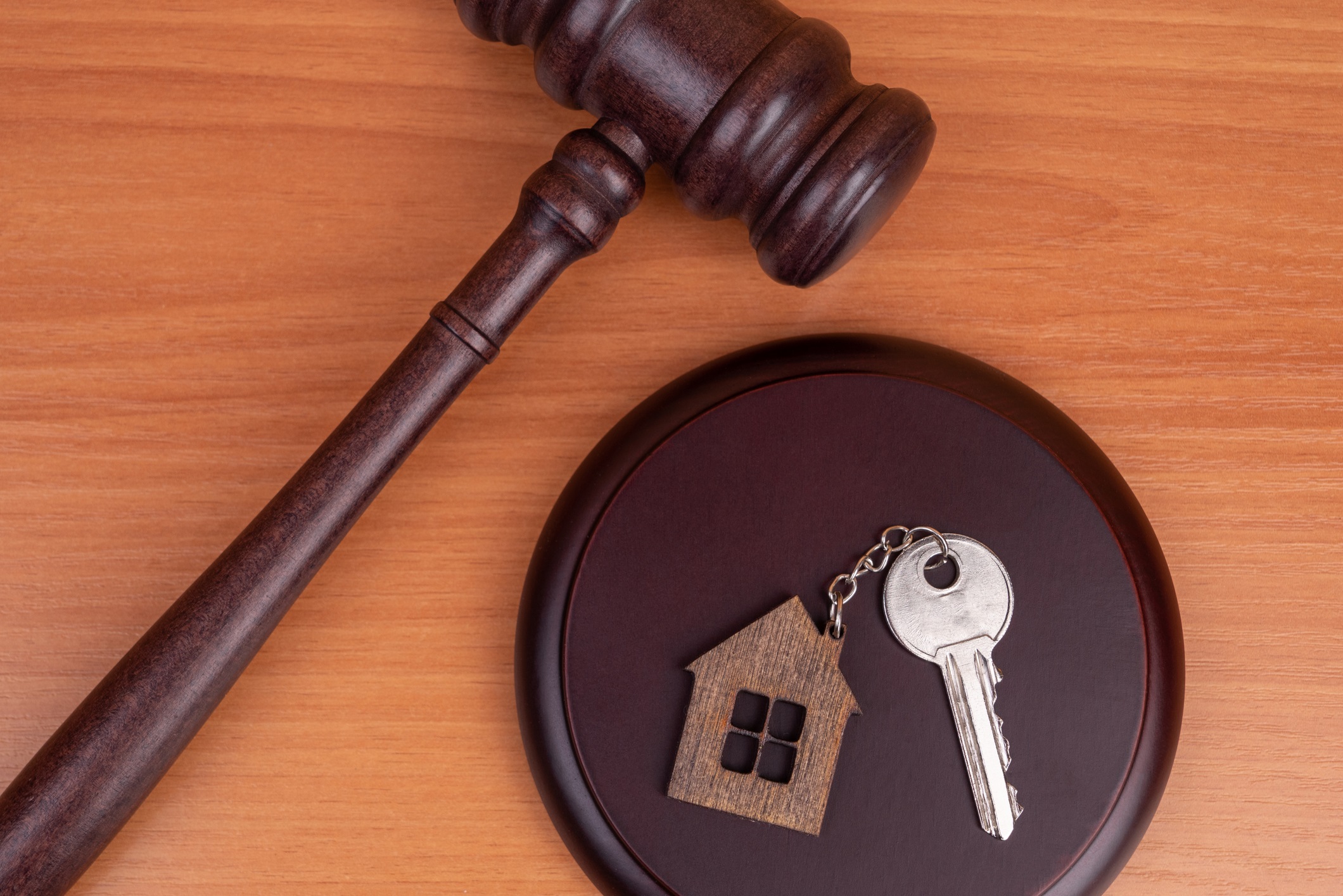At the beginning of this year, a host of new laws regarding residential landlords and tenants became effective. Most landlords, whether managing a single apartment, a duplex, or multiple apartment buildings, likely heard about this. These new laws affect a number of areas, including the eviction process. This post is about a specific requirement on how a landlord evicts a tenant for not paying their rent: the 14-day notice.
Minneapolis landlords should not be shocked by this new requirement. The city enacted an ordinance in 2021 creating a similar notice for nonpayment eviction cases.[1] The legislature has made such a procedure statewide.[2] However, Minneapolis landlords must change their forms because the new statute goes beyond the Minneapolis ordinance. Again, this new requirement only applies to evictions for nonpayment of rent. If the landlord fails to send this notice, and files an eviction for nonpayment, it will be dismissed, and the case will be expunged.
The notice under this new statute must include four things:
- The total amount the tenant owes – i.e. how much the tenant must “pay to stay.”
- A “specific accounting” of the amount owed, broken up by unpaid rent, late fees, and other charges. This could be done using a chart in the body of the notice, breaking down the amounts owed. Or the landlord could simply attach the tenant’s ledger showing each charge and how much is owed (and stating that the ledger is attached to the notice).
- The name and address of someone who can “receive” rent on behalf of the landlord, i.e. a manager officed in the building, a leasing office, etc.
- Finally, three very specific statements, which are pasted below. These are not my proposed warnings based off a legalistic interpretation of the statute, peeling complicated ideas down to precise sentences. These statements come directly from the statute. They should not be altered.
- “You have the right to seek legal help. If you can’t afford a lawyer, free legal help may be available. Contact Legal Aid or visit www.LawHelpMN.org to know your rights and find your local Legal Aid office.”
- “To apply for financial help, contact your local county or Tribal social services office, apply online at MNBenefits.mn.gov or call the United Way toll-free information line by dialing 2-1-1 or 800-543-7709.”
- “Your landlord can file an eviction case if you do not pay the total amount due or move out within 14 days from the date of this notice. Some local governments may have an eviction notice period longer than 14 days.
Next, mail the letter by U.S. First Class Mail. Under the statute, the landlord or their agent can deliver the notice “personally” or mail it by First Class Mail. The first option is vague – any process server could explain how delivering a document to someone is not always as easy as it sounds. What does personal delivery mean? Does it mean certified mail, a courier, or slipping the notice under the apartment door? More importantly, does the landlord want to leave it up to the Referee or Judge to decide, particularly when there is a specifically approved route available? Using First Class Mail, the landlord can create a record that they sent the notice, whether that is a photo of the envelope or a receipt.
Finally, the landlord must save a copy of the notice and attach it to their eviction Complaint if the written notice does not get the tenant to pay. If the landlord fails to do this, the complaint will be dismissed and expunged.
The attorneys at Hellmuth & Johnson, PLLC are experienced in landlord-tenant law and can assist landlords in reviewing leases, counseling about these new laws, and handling eviction cases.
[1] Minneapolis Code of Ordinances, § 244.2060.
[2] Minn. Stat. § 504B.321.


